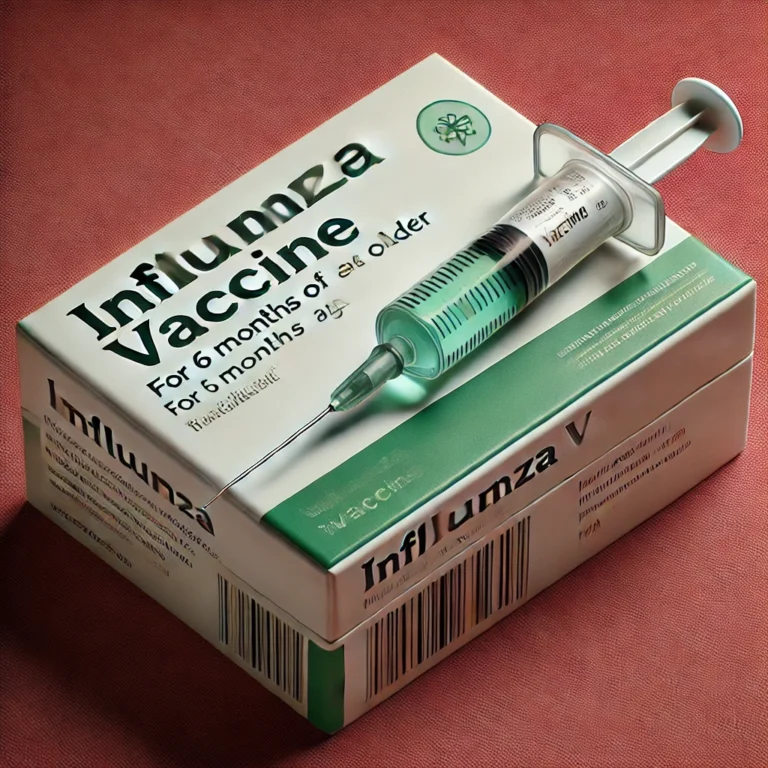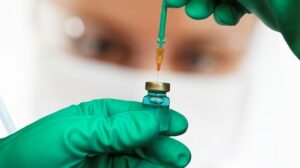Learn about the recent health advisory issued by the US Health Agency regarding a rare and life-threatening infection caused by flesh-eating bacteria. Discover essential information, symptoms, prevention tips, and how to stay safe.
US Health Agency Issues Advisory for Rare, Life-Threatening Flesh-Eating Bacteria: What You Need to Know
In a recent development, the US Health Agency has issued a crucial advisory concerning a rare and life-threatening infection caused by flesh-eating bacteria. This advisory aims to inform the public about the risks associated with this infection, its symptoms, prevention measures, and what you can do to stay safe. In this article, we will delve into the details of this advisory and provide you with valuable insights on how to protect yourself and your loved ones.
Understanding Flesh-Eating Bacteria
Flesh-eating bacteria, scientifically known as necrotizing fasciitis, is a severe soft tissue infection that can rapidly destroy skin, muscle, and other tissues. While these infections are rare, they can be extremely dangerous and, if not treated promptly, can lead to life-threatening complications. These bacteria typically enter the body through breaks in the skin, such as cuts, surgical wounds, or insect bites.
The US Health Agency Advisory
The US Health Agency has issued this advisory to raise awareness about the potential risks associated with flesh-eating bacteria and to provide guidance on how to prevent infections. It is crucial to pay attention to this advisory and take necessary precautions to avoid contracting this rare infection.
Key Points from the Advisory
Symptoms: Early detection of necrotizing fasciitis is vital. Watch out for symptoms like redness, swelling, severe pain at the infection site, fever, and general malaise. If you experience these symptoms after an injury or surgery, seek immediate medical attention.
Prevention: The advisory emphasizes the importance of practicing good wound care. Keep cuts, scrapes, and surgical wounds clean and covered. Wash your hands regularly to prevent infections, and if you have a weakened immune system, take extra precautions.
Prompt Treatment: Timely treatment is critical. If you suspect you may have a flesh-eating bacterial infection, do not delay seeking medical help. The advisory underscores the importance of early intervention to prevent the infection from spreading.
Public Awareness: The US Health Agency is working to increase public awareness about this rare infection. Share this advisory with friends and family to ensure everyone is informed and can take appropriate precautions.
Vaccination: While no vaccine currently exists for flesh-eating bacteria, staying up-to-date on recommended vaccinations can help boost your immune system and reduce your risk of infection.












